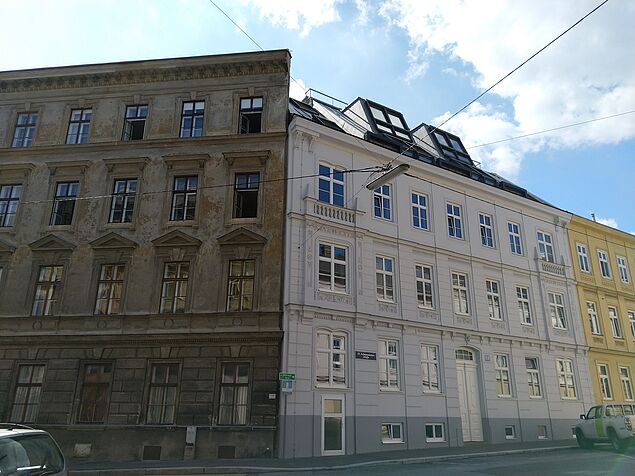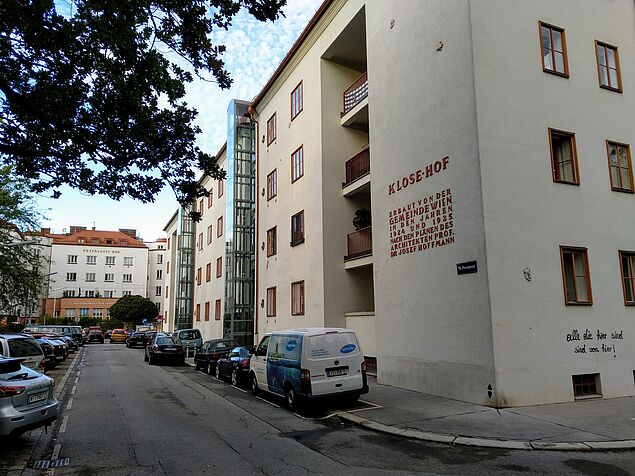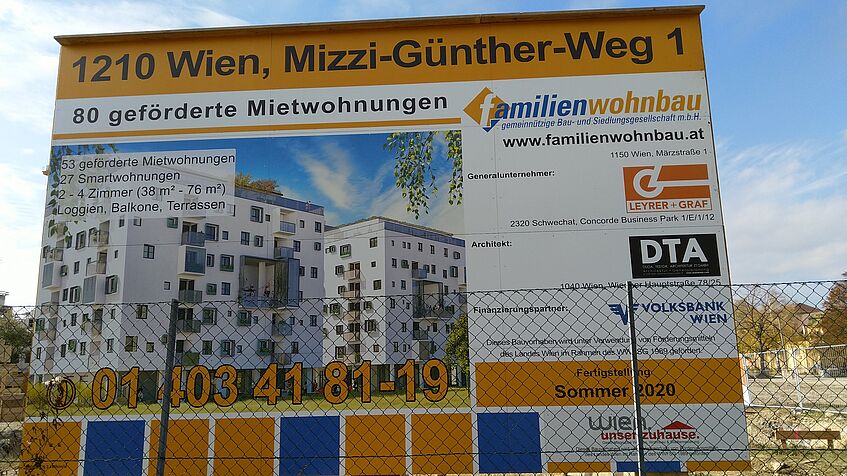Housing
European housing systems have undergone a series of important transformations over the past decades. Recent social, economic and political changes have affected the redistributive capacity of local housing systems. The City of Vienna has a long history of actively shaping the housing market via different forms of housing regulation and by providing social housing for a wide range of the population. Nevertheless, pressures towards higher housing costs, gentrification and increased social and ethnic segregation are observable in Vienna as well.We aim at understanding the underlying mechanisms of transformations in housing and elaborate on their effects. Specifically, access to affordable housing became a more pressing issue, as processes of re-commodification and social segregation are observable in the context of neoliberal restructuring. The transformation of housing markets differs strongly between European cities, depending especially on the historically developed housing system. In order to understand the trajectories of changes in housing systems, acknowledging the role of post-war welfare regimes seems vital. This implies accounting for the role of social housing in the housing market, as well as tracing housing policy changes. While Vienna still shows a high degree of resilience, especially newcomers to the city face difficulties in accessing affordable housing. We investigate how this potential insider-outsider divide plays out, and how policy responses shape housing conditions for different groups. Therefore, we evaluate housing market characteristics in Vienna over the past thirty years, in order to investigate dynamics of housing costs, housing quality, tenure and security of tenancy, as well as explore their concrete spatial manifestations.




